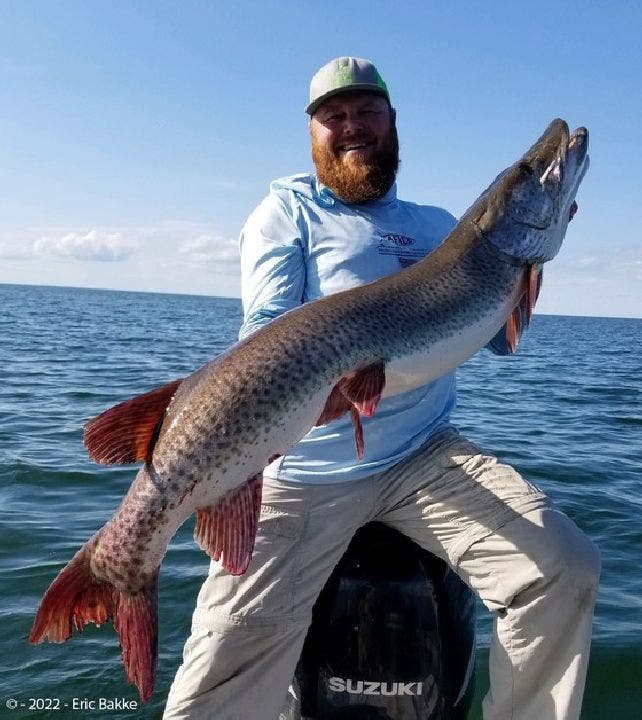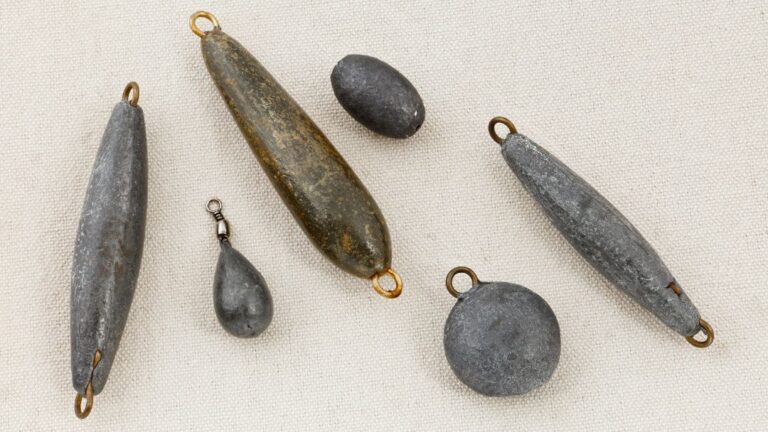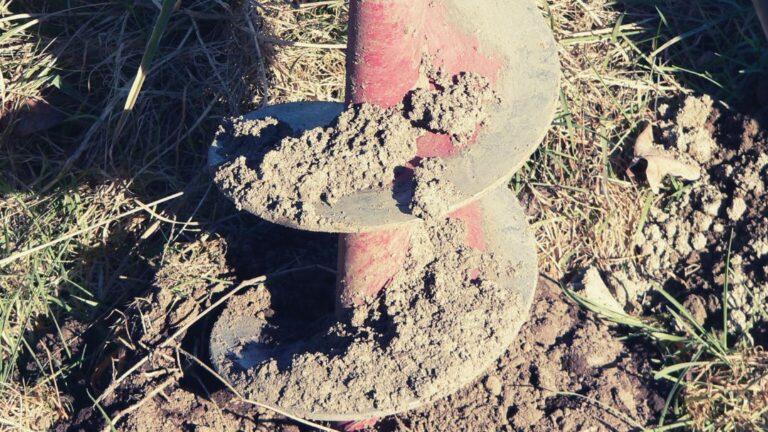Local Fishing Report Information: Stay Updated with the Best Spots
Fishing can be a relaxing and rewarding hobby. Keeping up with local fishing reports can greatly enhance your experience.
Local fishing reports provide valuable insights on where fish are biting and what techniques are working best. They often include information on water conditions, weather patterns, and the types of fish currently active in your area. Whether you’re a seasoned angler or just starting out, these reports can help you plan your next fishing trip more effectively.
By staying informed, you can increase your chances of success and enjoy your time on the water even more. So, let’s dive into the world of local fishing report information and see how it can benefit your fishing adventures.
Best Fishing Locations
Finding the best fishing locations is key to a successful fishing trip. Local fishing reports can guide you to the perfect spots. These reports reveal where fish are biting and the best times to catch them.
Lake Spots
Lakes offer diverse fishing opportunities. Some lakes are home to bass, while others are famous for trout. Check local reports for water temperature and fish activity. This information helps in choosing the right bait and tackle. Popular lakes often have well-maintained facilities and easy access points.
Early mornings and late evenings are usually the best times to fish in lakes. The fish are more active during these cooler periods. Local reports often highlight specific areas within the lake that are hotspots for fishing. These areas might include coves, inlets, or drop-offs.
River Spots
Rivers provide a dynamic fishing experience. Fish in rivers tend to move around more due to the flowing water. This creates different fishing challenges. Local fishing reports can guide you to the best river spots. They often mention water levels and current speeds, which affect fish behavior.
Look for bends in the river where fish like to gather. These areas often have slower currents, making them ideal for fish. Reports may also highlight spots near bridges or submerged structures. These structures provide shelter and attract fish.

Credit: cohuttafishingco.com
Seasonal Fishing Tips
Fishing can be enjoyed year-round. Each season brings unique challenges and opportunities. Understanding these can help improve your catch rate. Here, we provide some seasonal fishing tips to help you make the most of your time on the water.
Spring Fishing
Spring is a great time to fish. Fish become more active as waters warm. Focus on shallow waters where fish spawn. Use bright lures to attract their attention. Early morning and late afternoon are ideal times. Pay attention to the weather. Rain can make fish more aggressive. Try different baits to see what works best.
Winter Fishing
Winter fishing requires more patience. Fish are less active in cold water. Look for deeper areas where fish stay warm. Slow down your bait presentation. Fish are less likely to chase fast-moving lures. Use smaller baits. Fish tend to eat less in winter. Dress warmly and stay safe on the ice. Always check ice thickness before venturing out.
Popular Fish Species
Are you curious about the fish species you can catch? Knowing the popular fish in your local area helps you prepare better. Let’s explore the popular fish species in both freshwater and saltwater environments.
Freshwater Species
Freshwater fishing offers a variety of fish. One popular species is the bass. Anglers love bass for their fight and size. They are found in lakes and rivers. Crappie is another favorite. These fish are small but tasty. They swim in groups, making them easier to catch.
Trout is also popular in freshwater. They thrive in cool, clear streams. Trout fishing is often done with flies. Don’t forget about catfish. These bottom-dwellers are known for their whiskers. Catfish are often caught with bait like chicken liver.
Saltwater Species
Saltwater fishing offers its own excitement. One well-known species is the redfish. Redfish are strong and put up a good fight. They are commonly found in coastal waters. Another favorite is the flounder. These flatfish are excellent for cooking. They are often found near the ocean floor.
Anglers also seek out the tarpon. Known as the “silver king,” tarpon are large and powerful. They are found in warm waters. Lastly, there is the snapper. Red snapper are especially prized. They have firm, white meat and are great for grilling.

Credit: oregonflyfishingblog.com
Fishing Gear Recommendations
Fishing success often depends on the gear you use. The right equipment can make your fishing experience enjoyable. In this section, we provide Fishing Gear Recommendations to help you choose the best tools. We will cover rods and reels, bait and lures.
Rod And Reel
Choosing the right rod and reel is crucial. Consider these factors:
- Rod length: Longer rods cast farther. Shorter rods offer better control.
- Rod power: Light power for small fish. Heavy power for big fish.
- Reel type: Spinning reels are versatile. Baitcasting reels offer precision.
Here are some popular options:
| Brand | Model | Best For |
|---|---|---|
| Shimano | Sedona FI | Spinning, all-purpose |
| Penn | Battle II | Saltwater fishing |
| Abu Garcia | Revo SX | Baitcasting |
Bait And Lures
The right bait and lures attract more fish. Here are some tips:
- Live bait: Works well for many species. Options include worms, minnows, and shrimp.
- Artificial lures: Mimic prey. Popular types are crankbaits, spinnerbaits, and soft plastics.
- Color: Bright colors for clear water. Dark colors for murky water.
Consider these recommendations:
| Type | Example | Use |
|---|---|---|
| Live Bait | Nightcrawlers | Freshwater fishing |
| Crankbait | Rapala Shad Rap | Imitates small fish |
| Spinnerbait | Booyah Pond Magic | Attracts bass |
Local Fishing Regulations
Understanding local fishing regulations is crucial for a successful fishing trip. These rules help protect fish populations and ensure sustainable fishing practices. Knowing the regulations keeps you on the right side of the law and enhances your fishing experience.
License Requirements
Before you cast your line, check the local license requirements. Most places require a fishing license for both residents and visitors. Licenses can be purchased online or at local fishing shops. They are often valid for a day, a week, or a year. Make sure to carry your license with you when fishing.
Catch Limits
Catch limits are set to protect fish populations and preserve the ecosystem. These limits specify the number and size of fish you can keep. Exceeding catch limits can result in fines. Always check the current catch limits for the area you are fishing in. This ensures you are following the rules and contributing to conservation efforts.
Weather Impact On Fishing
The weather greatly impacts fishing success. Understanding weather patterns helps you plan better. Different conditions affect fish behavior and feeding habits. Let’s explore how wind and temperature changes influence fishing.
Wind Conditions
Wind can be your friend or foe. A gentle breeze stirs up the water. This can make fish more active. They feel safer when the surface is disturbed. Strong winds can make fishing tough. Waves create turbulence. This can push fish into deeper waters. Pay attention to wind direction too. Fish often swim against the current. Knowing this helps you position your boat correctly.
Temperature Changes
Fish are cold-blooded. Water temperature directly affects their metabolism. In warm water, fish are more active. They eat more and move faster. Cold water slows them down. They become sluggish and feed less. Sudden temperature drops can shock fish. They may stop feeding for a while. Gradual changes are easier for them to handle. Check the water temperature before you start fishing. This helps you choose the right bait and strategy.
Fishing Community Events
The fishing community is vibrant and full of life. These events bring people together. They offer great opportunities for learning and fun. From tournaments to workshops, there’s something for everyone. Let’s dive into some of the key events you can look forward to.
Fishing Tournaments
Fishing tournaments are the heart of the community. They challenge your skills and give you a chance to win big. Tournaments are held all year round. Some are local, while others draw crowds from far and wide.
Here are some popular types of fishing tournaments:
- Bass Fishing Tournaments: These are very popular in many regions.
- Saltwater Tournaments: These take place in coastal areas.
- Ice Fishing Tournaments: Perfect for winter enthusiasts.
Each tournament has its own set of rules. Make sure to read them carefully. Participating in these events can be a lot of fun. They also offer a great way to meet fellow anglers.
Workshops And Seminars
Workshops and seminars are perfect for learning. They cover various topics related to fishing. These events are often hosted by experts. You can learn new techniques and improve your skills.
Some common workshop topics include:
- Casting Techniques
- Knot Tying
- Fish Identification
Attending these workshops can be very beneficial. They are usually interactive. This means you get hands-on experience. Seminars are also very informative. They often feature guest speakers who share their knowledge.
Check your local listings for upcoming workshops. Many of them are free or low-cost. These events are a great way to learn and grow in the fishing community.
Safety Tips For Anglers
Fishing is a rewarding and relaxing activity. But safety should always come first. Whether you’re a seasoned angler or a beginner, knowing safety tips can prevent accidents. This section covers essential safety advice for anglers. Stay informed and enjoy a safer fishing experience.
Weather Precautions
Always check the weather forecast before heading out. Sudden changes in weather can be dangerous. Bring appropriate clothing for the expected weather. If thunderstorms are forecasted, reschedule your trip. Lightning is a serious hazard near water. High winds can also make boating and casting risky. Stay alert to weather updates while fishing. A weather radio can be a valuable tool.
First Aid Essentials
Carry a well-stocked first aid kit. Ensure it includes bandages, antiseptic wipes, and pain relievers. Know how to use each item in the kit. Minor injuries can happen, like cuts or hooks in the skin. Treat them promptly to avoid infections. Learning basic first aid skills can be very helpful. Being prepared can make a big difference in emergencies.

Credit: oregonflyfishingblog.com
Frequently Asked Questions
What Is The Best Time To Fish Locally?
The best time to fish locally is early morning or late afternoon. Fish are more active during these times. Check your local fishing report for specific peak times.
How Can I Find Local Fishing Spots?
You can find local fishing spots through online maps, local fishing forums, or community boards. Your local fishing report can also provide great tips.
What Types Of Fish Are In My Area?
Local fishing reports often list common fish species in your area. Common types may include bass, trout, catfish, and perch.
Do I Need A Fishing License Locally?
Yes, most areas require a fishing license. Check your local regulations for specific requirements and purchase locations.
Conclusion
Fishing in your local area can be a rewarding experience. Stay updated with local fishing reports for the best results. These reports help you know the best spots and times. They also share useful tips from other anglers. Always check the weather and bring the right gear.
Enjoy the peace and excitement fishing brings. Happy fishing!



